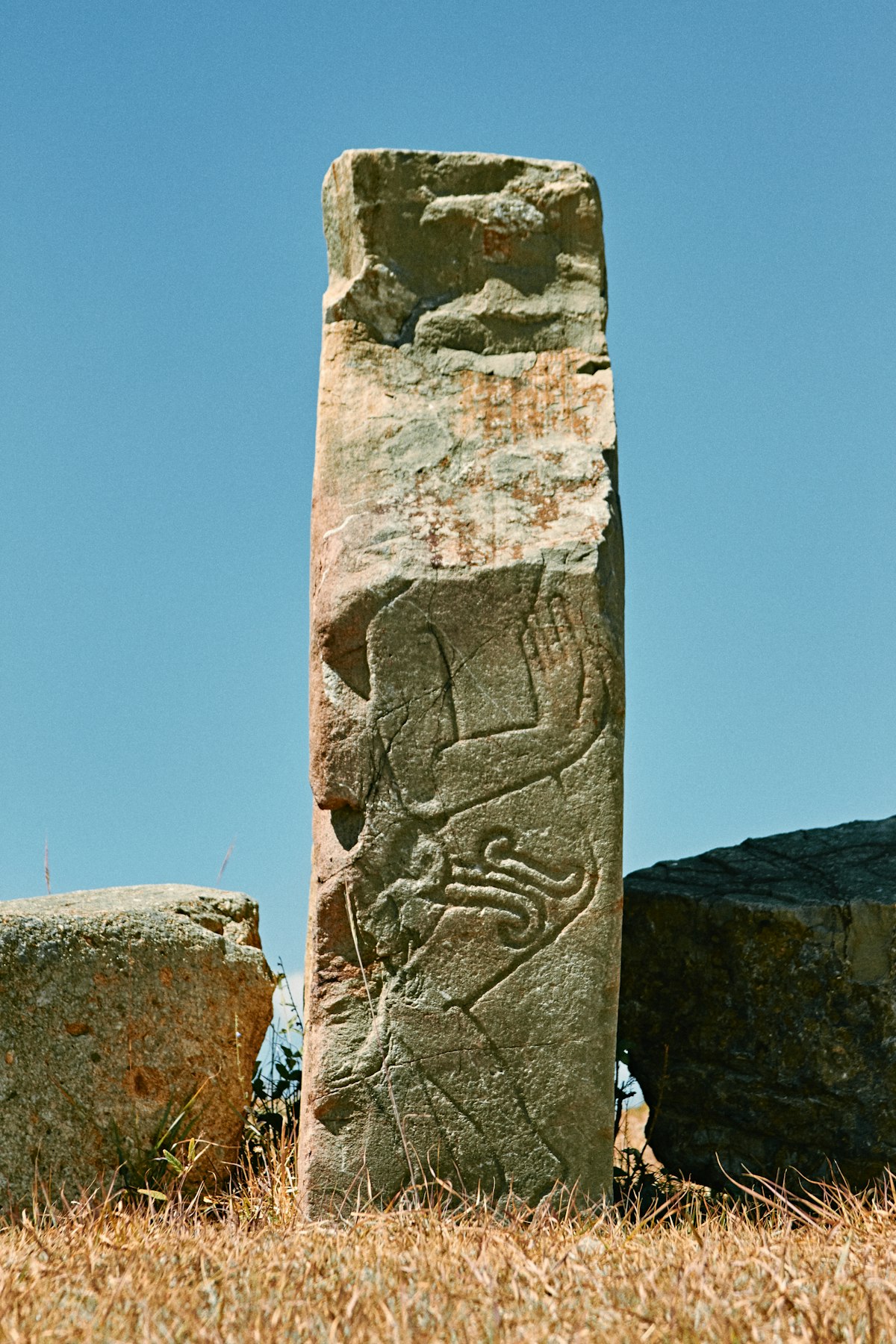Festival of Indigenous Cultures, Indigenous Peoples and Neighborhoods in Mexico City
Because of the green traffic light by COVID-19, events, activities, and festivities have returned to Mexico City; the Festival of Indigenous Cultures, Indigenous Peoples, and Neighborhoods is no exception and this year it will be held from November 4 to 18 in the capital's Zócalo.





